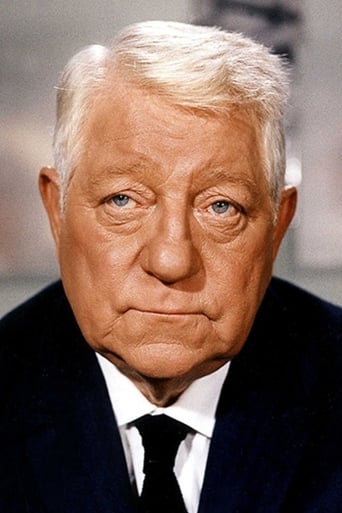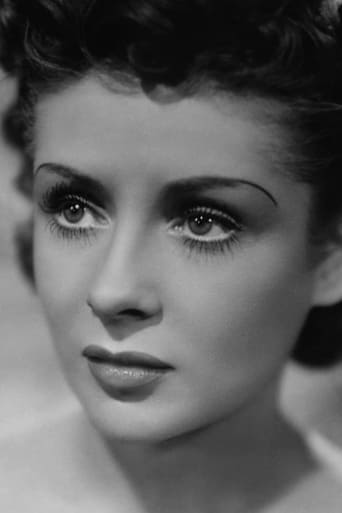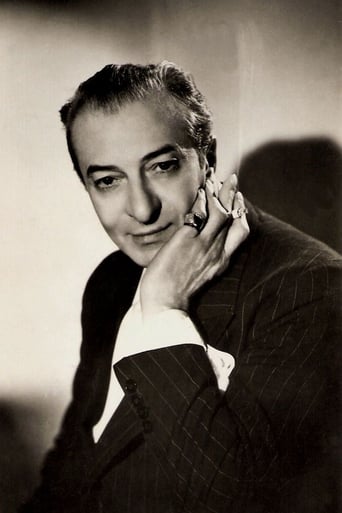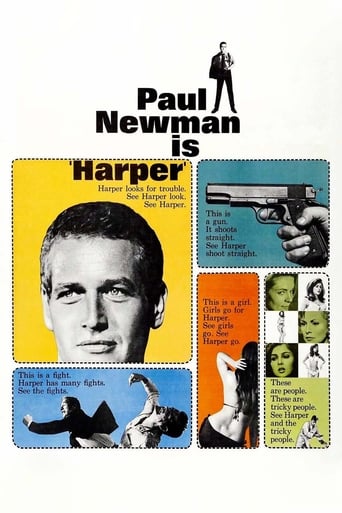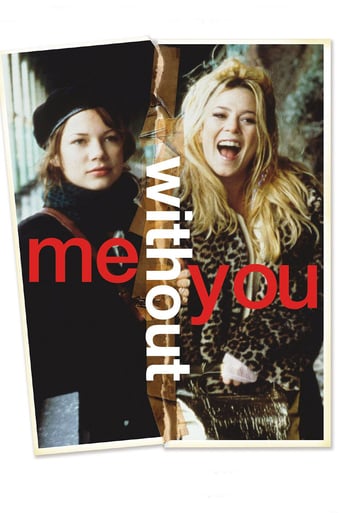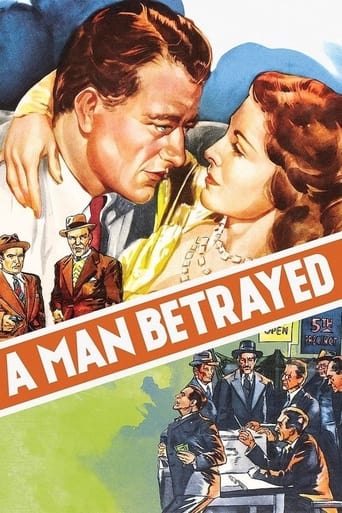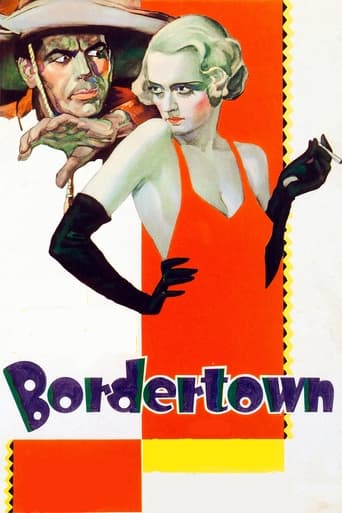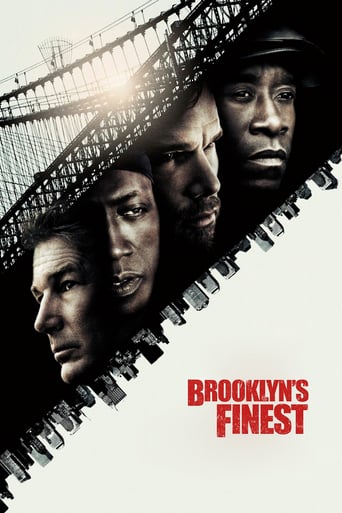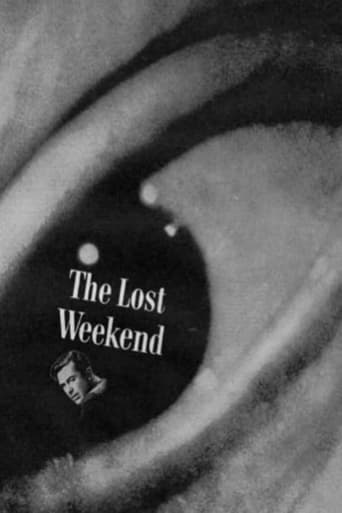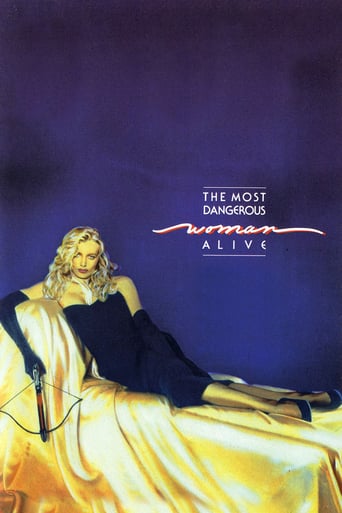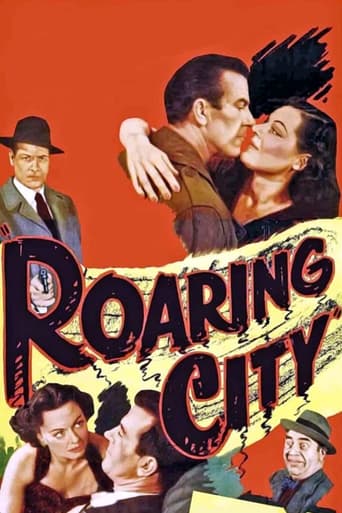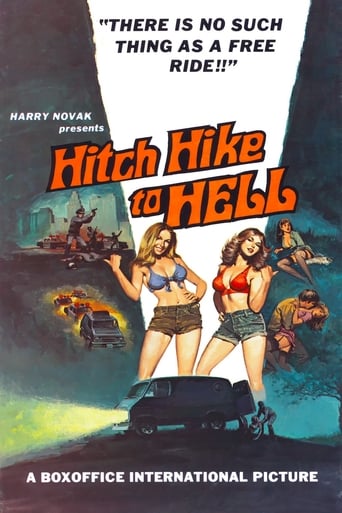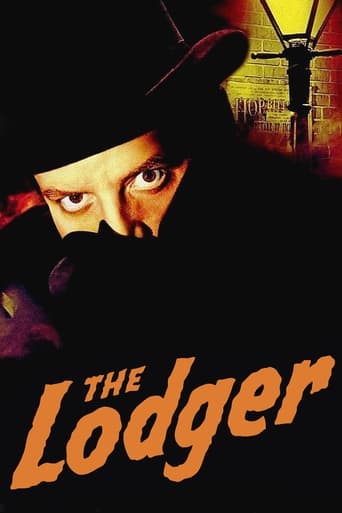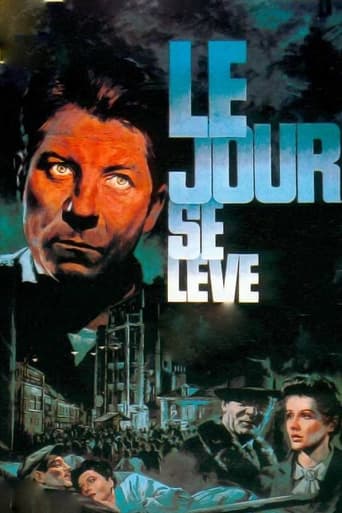
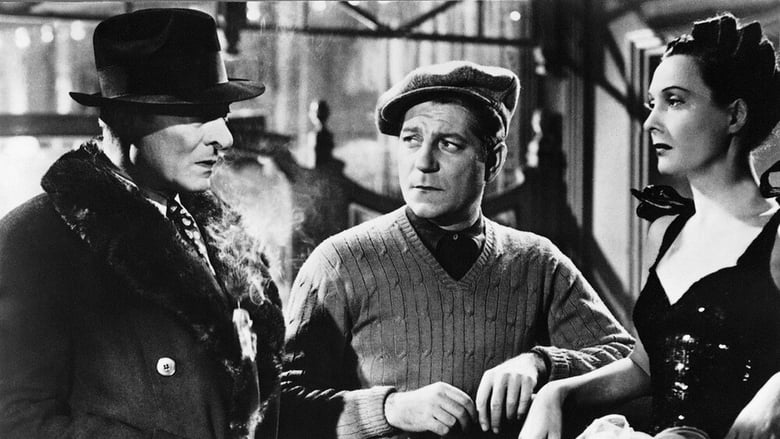
Daybreak (1939)
After committing a murder, a man locks himself in his apartment and recollects the events the led him to the killing.
Watch Trailer
Cast


Similar titles
Reviews
'Film Noir' was a French term for a type of violent, pessimistic American film that started to appear around and after the second World War, usually shot in sparse, dark rooms at night, at least partly to save money.Often they would take place in flashback - as in Double Indemnity, DOA, and Sunset Boulevard - with the fate of the hero already carved in stone, and the film just the series of bad decisions and treacherous women leading up to his fall. Oddly though, this French film might be the one that started all of that, and though it might not compare with the Chandleresque dialogue and fast-moving shoot-em-ups that followed, it is decidedly more beautiful, mysterious and atmospheric.On the downside, even though it is a short film it drags, and there are some poorly developed characters and plotholes (François following Françoise all the way into town about 10 feet behind her in an empty street while pushing a bike and she never sees?)I've only seen it the once but I was confused as to the relationship between François, Françoise and Valentin: first we were told these two new lovers with the same name happened to be raised in the same orphanage, then an older man who is having an affair with the female one claims to be her father. This plot twist doesn't seem to lead anywhere but thin air, and I would have thought the much better story would have been the revelation that Valentin was BOTH of their fathers, and hence the two lovers were actually brother and sister. Was this a storyline left undeveloped because of its taboo nature? I don't know, but I feel it would have been a much better catalyst for François shooting Valentin than the somewhat unconvincing showdown in the final film. In conclusion: it's a flawed jewel from the past: watch for the exquisite photography and silver atmosphere, as well as the central performances, especially from Jean Gabin, who was perhaps never better.
I found this French film in the book 1001 Movies You Must See Before You Die, it was rated very well and the plot sounded good, so I was looking forward to what would hopefully be a good foreign language film, directed by Marcel Carné (Les Enfants du Paradis). Basically factory worker François (Jean Gabin) has shot and killed M. Valentin (Jules Berry), and following this he has locked himself in his guest house room on the top floor of the building with many flights of stairs, the police soon arrive to arrest him, they fail to shoot their way into the room as François has barricaded the door. In a series of flashbacks, occasionally returning to the present to see his attempts to avoid being caught, it is revealed François had been having a relationship with both naive floral shop worker Françoise (Jacqueline Laurent) and more experienced performing assistant Clara (Arletty), who until meeting him was working with Valentin for his performing dog act. Valentin is manipulative and had also become involved with both women, and becoming jealous of François, as a constant liar he even tries to convince his foe that he was Françoise's father, but in fact both she and François were raised in orphanages. The rivalry between the two men eventually leads them to the guest house, Valentin confronts him with a gun, and in the tussle between them François grabs the weapon and fires, this is what has lead to the events of the present. As he continues to protect himself in the room François continually chain smokes with nerves, he has become delirious having learnt of his plight, before two police officers throw tear gas grenades into the room François consumed by despair shoots himself in the heart, the film ends with his lifeless body on the floor and gas filling the room, and the alarm sounds to announce it is morning. Also starring René Génin as Concierge, Mady Berry as Concierge's wife, Bernard Blier as Gaston and Marcel Pérès as Paulo. Gabin certainly exudes existential despair as the man who has unintentionally and sympathetically got himself into trouble, Berry is a terrific villain as the deceptive entertainment performer who tries to get one over his rival and treat his women like possessions, while Arletty is as loathsome as the showgirl, and Laurent is fine as the innocent woman stuck in between. It has moments of suitable claustrophobia, it works well as a tragic story filled with false love and a man breaking down into complete sorrow, it is written well and it has many interesting moments, a worthwhile crime melodrama. Vey good!
A common laborer, Francois, shoots, and kills, M. Valentin, a despicable man who has come to his room in a housing complex unexpectedly. In flashbacks we get to know the story behind Francois' action, as he sequesters himself from the police that has been called to take him away. It is a tense moment for Francois, a quiet man, otherwise.The story of Francois involvement with the beautiful Francoise, a young woman who grew up like him in an orphanage, brings them together for they feel the need for one another. Francois does not think for a moment he will be in such a position, but when his sweetheart decides to go alone to a music hall, he follows her there. He is astonished to see Francoise going to M. Valentin, a dog trainer whose act is part of the revue in the local theater. Clara, who is M. Valentin's assistant in the act, is clearly disgusted with him. Leaving the stage, she joins Francois in the bar. They both witness the trainer and the young woman leave together. It is evident they know one another and that perhaps Francoise is not as naive as she pretends to be. Things come to a head when Valentin comes to see Francois with a feeble excuse about Francois' girl, ultimately resulting in the shooting.Marcel Carne's masterpiece came right after "Quai des brumes", another dark tale of people in turmoil. Jacques Viot's original scenario was given life by the great Jacques Prevert a man who collaborated with M. Carne in other films with his perceptive take on the dialogue. This is pure Carne who felt attraction for telling stories that involved ordinary people, as it is the case in this film. Although well respected in his work, the film was not embraced by audiences because of the obscurity of the subject. The figure of Francoise, the main interest of our man in this story, is not immediately made clear. On the one hand, she appears to be a somewhat naive woman, while leading, perhaps, another life with the older Valentin. The other role that is quite enigmatic is that of Clara, who obviously must have been connected with Valentin, not just as his assistant for the theater. Clara clearly wants Francois, but he is blindly in love with Francoise, who might be hiding a secret side of her personality when she is with Francois. It is indeed a complex story in many levels, but Carne delivers an intense drama that keeps his audience glued to what is happening on the screen.Jean Gabin, at the height of his film career made a perfect Francois. He does not make a false move throughout the story. Jean Gabin was a natural for cinema, as he demonstrates here. The great Arletty appears as Clara, the woman who loving Francois, stays out of his way since she realizes she cannot have him. Jacqueline Laurent projected the right kind of naivete as the sweet Francoise. Jules Berry plays the odious M. Valentin with relish.
I cannot say that this is my favourite Jean Gabin film (which is either "La Bete Humaine" - which he made immediately before this one - or "Pepe le Moko"). However it is still exceedingly good, and is one of the best efforts of that most distinguished director, Marcel Carne. It has a good claim to be one of the best films of the 'golden age' of French cinema.It is, above all, a film of atmospherics. The tall, stark tenement building, with a huge, rude, blank wall fit only for advertisements in some dismal north-eastern coal town - at the remote top of which lives this remarkable bundle of repressed violence and sexual energy, Francois (Gabin). We are transported, through the brilliant, claustrophobic sets of Alexandre Trauner, the emotive music of Maurice Jaubert, the smoky photography of Curt Courant (and co.) and, above all, through the haunting, eccentric, almost verbose script of Jacques Prevert, into a state of almost intolerable tension. Francois is almost the ideal of a type - the sturdy, manly cannon fodder of the Marne and Verdun, who would surely have backed Leon Blum and marched behind Maurice Thorez and Jacques Duclos. He is tempted by the pure love of Francoise (the luminescent Jacqueline Laurent) and the slightly debased love of Clara (the lovely Arletty). Set against him is his antithesis, the somewhat demonic M. Valentin, a cut-rate showman, cruel to the dogs from whom he profits (Jules Berry, excellent). So we have a love triangle (or is it a square?) about a story that passes in a circle (the ending being the beginning).And, with his back against the wall, Francois lies in his bare, empty little room, smoking his last Gitanes, ruminating on his shattered dreams, and contemplating his forthcoming extinction. A bit like France in 1939, perhaps.


